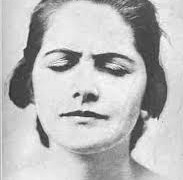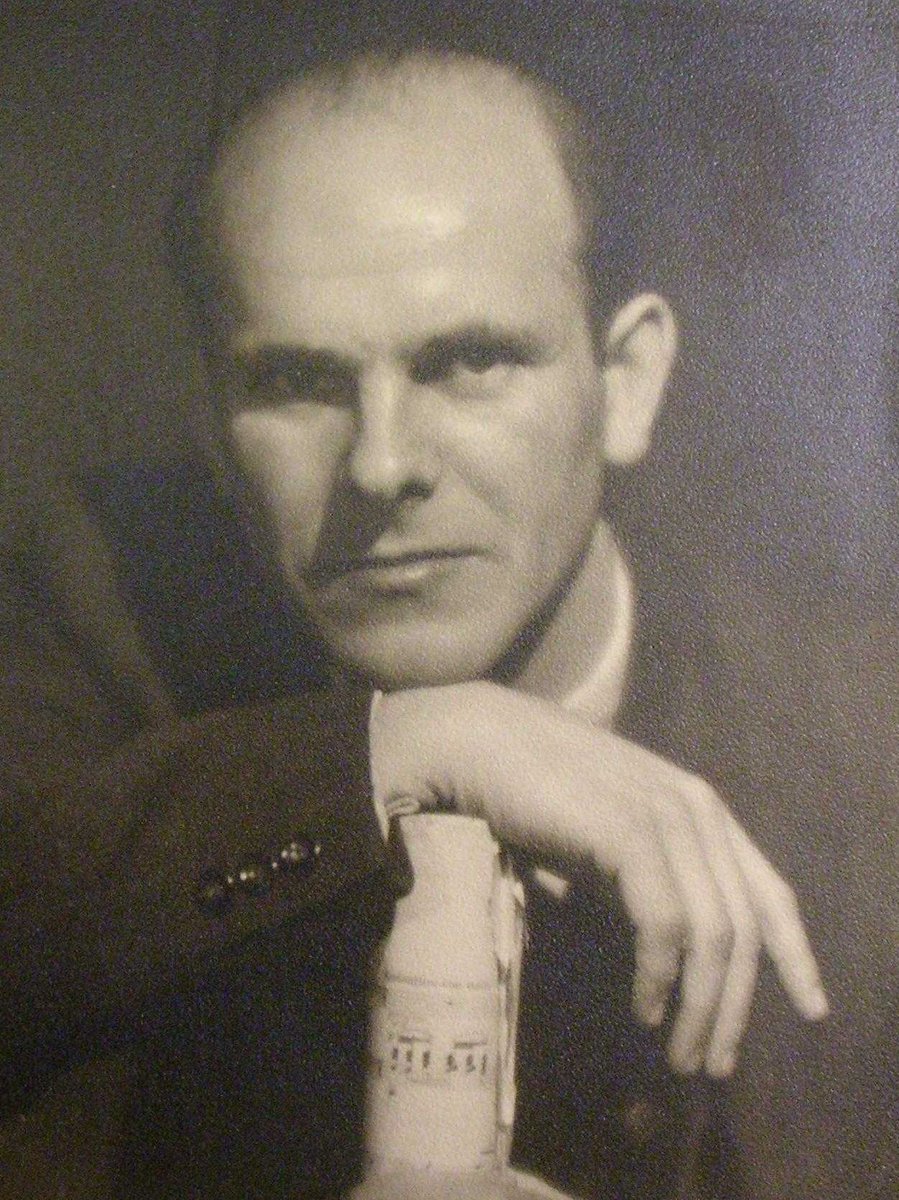Do you listen with eyes shut?
mainThe music audience is divided between those who do and those who don’t.
Myself, I’m an eyes-wide-open man, fascinated by body language as much as by musical expression.
Last night at the Bristol Proms, we heard Beethoven Opus 131 played in the dark. Not totally dark. There were some clever shafts of occasional light from above and below, giving a spectral appearance to the Sacconi Quartet, who bravely played one of the summits of the repertoire in conditions where visual communication between the players was impaired.
At best, the performance acquired an ethereal dimension, taking us by free association into Beethoven’s black world of deafness. These were transcendent moments.
The deficiency was the difficulty the players had adjusting to slippages of intonation – they needed to pause between movements at least once to retune – and to the loss of physical awareness of each other.
It was a fascinating experiment. Maybe it worked better for those who listen habitually with eyes closed.

Do you?





If it means that audience-members are unable to read programme notes (and noisily flick through the pages) during the performance, the darkness is undoubtedly an improvement. With the exception of libretti, programme notes are for reading before and after a performance, not during. The darker atmosphere may also have the positive effect of discouraging listeners from attempting to send or receive SMS messages (a real blight insofar as it causes considerable visual distraction to fellow audience-members).
But it is worth pointing out that this debate has a substantial heritage: Wagner was one of the first to *demand* that the lighting in the audience areas be reduced during a performance.
I am not convinced as to how darkness can be detrimental to intonation — stage-lights on full blast are known for perceptibly increasing the temperature on stage, something which is not usually beneficial for intonation.
SVM, it’s never been clear to me why whispering and talking are frowned upon, while other distracting noises like unwrapping hard candy and flipping through a program–you are either listening to the piece or reading about it; not both–are freely made.
I think that making any noises is frowned upon. This definitely includes unwrapping candy or flipping pages.
They say that if you decrease the number of stimuli that your sense are receiving, then you feel the few ones that you’re receiving more intensely.
That’s why some restaurants serve their food in the dark, so that your sight is canceled and your brains is more focused on your taste.
Opera goers (particularly ENO fans) prefer multisensory experiences, with loads of sound and images coming from the stage, the taste of candy and drinks in your mouth, the warm and tight feeling of sitting in a tight seat and the unrequested smell of the feet of a neighbor opera lover who decided to feel like at home.
I can think of one famous/notorious man who conducted with his eyes shut.
I often find that listening is enhanced with eyes closed. I find that closed eyes make for fewer distractions, which makes it easier for me to be fully mindful of the music itself. (That applies to any aspect of the music, including pure beauty of sound, phrasing, interpretation, structure, etc.) Open eyes tend to leave me craving some visual input, which usually means reading or fiddling with electronics (at home, of course), which are all to the detriment of musical experience. Of course, the visual aspect of live concerts is important and valuable, so in that case I’ll only close my eyes part of the time.
I am not particularly interested in watching the musicians, because they can sometimes be distracting. Examples include Lisitsa’s beautiful hands, Brendel’s funny faces, Joshua Bell’s physicality, Bostridge’s changing positions or Lang Lang’s orgasms.
But I like following the lyrics in vocal music or the score in instrumental. So I need some light. I’ve given up on using a reading lamp, because people have to complained about it. By contrast, nobody has ever complained to me for making noise while turning the pages (and I’ve been doing this occasionally for almost 35 years).
Please don’t sit near me.
There was definitely no retuning between movements! The piece is performed without gaps between the movements.
Norman, thank you for your words. Just to be clear – we didn’t take any tuning breaks during the performance. I’m not sure what you are referring to.
It was very special experience for us as performers. The experience felt heightened, and I hope we get the opportunity to perform like this again.
Ben (violin, Sacconi Quartet)
Ben, There were some intonation problems around mvt 4 when a tuning break might have helped. But I enjoyed the performance as a whole. best, N
As a member of the audience for ‘Beethoven in the Dark’ on Monday, I am slightly bewildered by the comments about tuning between movements. This quartet is played almost without breaks and I was not aware of any distracting tuning happening, but even if it had, I can’t imagine what that would have to do with the level of light.
I do enjoy watching the performers, but on this occasion it was wonderful to feel the almost spiritual involvement of the musicians and audience members (with the possible exception of Norman Lebrecht)
The musicianship and communication of these four was overwhelming. The trust they gave each other, knowing that one memory slip could have been catastrophic, was extraordinary and we were humbled and moved by the whole experience.